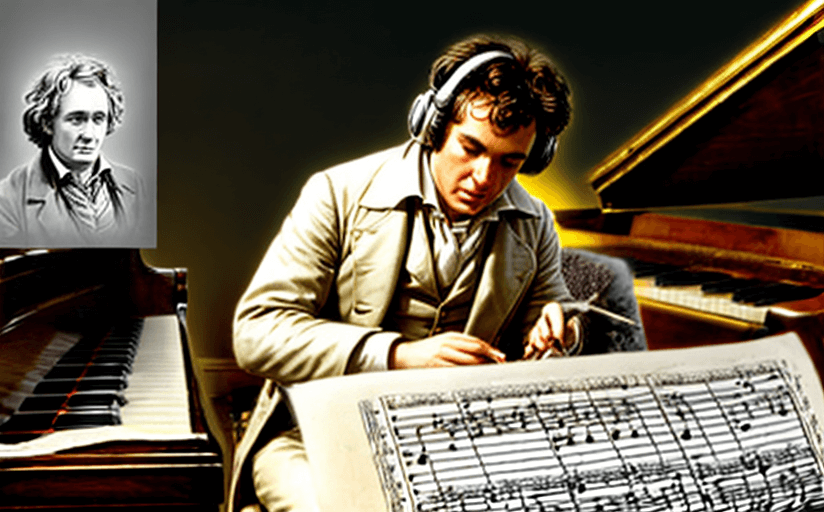The Classical Influence on Modern Video Game Soundtracks
As the video game industry continues to evolve and mature, the role of music has taken center stage in creating immersive experiences. One rich source of influence on video game music is classical music. In this exploration, we consider the profound impact of classical music on modern video game soundtracks.
Classical Music and the Sonic Landscape of Contemporary Gaming
Many might consider video game soundtracks as novel, technology-driven aspects. However, closer introspection reveals deep roots in classical music. For example, the iconic Halo soundtrack, composed by Martin O'Donnell, echoes the grandeur and dignity often found in symphonic works.
Similarly, Koji Kondo's Super Mario Bros. theme, one of the most recognizable pieces in video game history, leans on blues scales that are reminiscent of older, classical structures. The influence does not stop at these classics. Today's blockbusters such as The Witcher 3, The Legend Of Zelda: Breath of the Wild, and Final Fantasy XV are brimming with orchestral arrangements, symphonies, and operatic influences.
Inspiration from Classical Music
Today's video game composers draw inspiration from classical music in various ways, such as using their musical forms, structure, orchestration, and themes. Nobuo Uematsu, the composer for the Final Fantasy series, frequently uses leitmotifs, a technique often employed by classical composer Richard Wagner. This helps in creating recurring themes for characters and situations, building emotional depth.
Emotional Impact
Music plays a crucial role in setting the mood and pulling at the player's heartstrings. From the adrenaline-fuelled chase sequences in first-person shooters to melancholic moments in an RPG story arc, classical music’s emotional intensity translates remarkably well into the interactive medium of video games.
Technological Advances and Classical Music
Advancements in technology have allowed for the integration of more complex music in games, paving the way for the orchestration and compositional depth seen in classical music. As hardware capable of higher-quality sound becomes widespread, it's clear that the art of video game music has never been more closely tied to the traditions of classical music.
Predictions for the Future
As video games continue to grow in sophistication and narrative complexity, so too will the musical scores that accompany them. Classical techniques, with their capacity for emotional depth and thematic consistency, will likely remain a central tool for composers.
As technology advances, we might also witness more collaborations between the gaming industry and classical music institutions, blurring the line between these two art forms further. Virtual reality could also offer a unique platform for classical music, constructed around immersive, interactive musical narratives.



















Comments
Leave a Comment